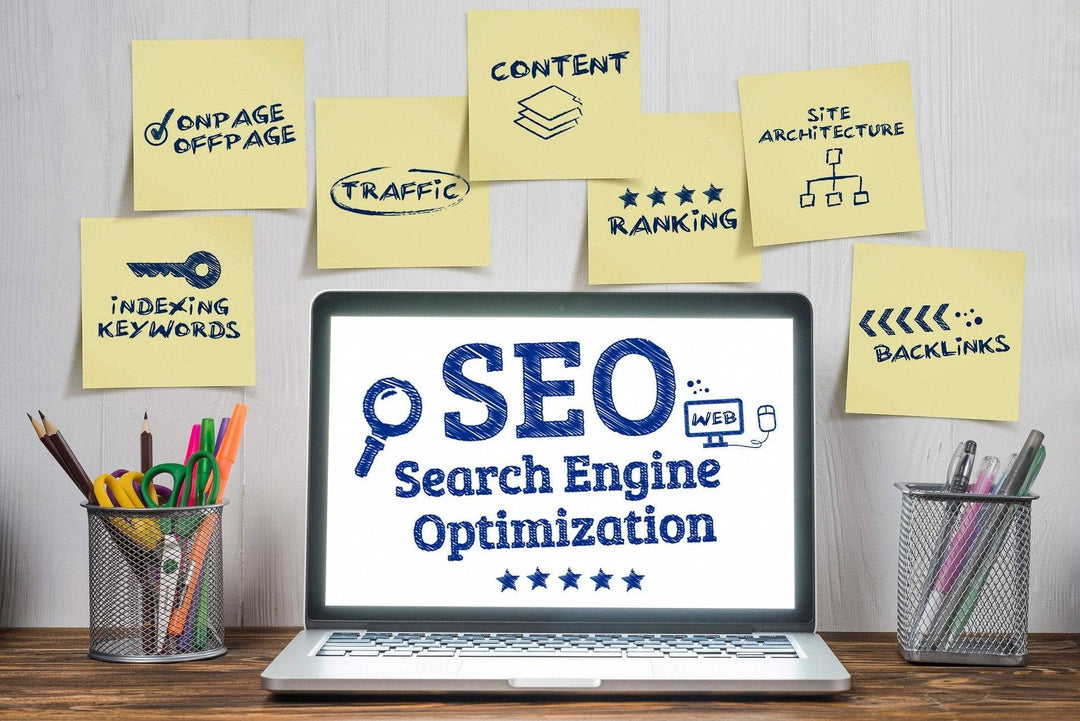Overview
Influencer marketing is a powerful strategy for e-commerce brands to enhance visibility and build customer loyalty. By partnering with social media influencers, brands can leverage authenticity, reach targeted audiences, and create engaging content. To succeed, define goals, identify your audience, choose the right influencers, and craft authentic campaigns. Measuring success through engagement rates and sales conversions is crucial. As trends evolve, focusing on video content and micro-influencers can further boost effectiveness. Integrating influencer marketing into your digital strategy can significantly drive sales and customer engagement.
Frequently Asked Questions
1. What is influencer marketing?
2. Why is influencer marketing important for e-commerce?
3. How can I measure the success of influencer marketing campaigns?
4. What types of influencers should I consider partnering with?
5. What should I focus on when implementing influencer marketing?
In the rapidly evolving world of e-commerce, brands are constantly seeking innovative strategies to enhance their visibility and grow their customer base. One of the most impactful strategies that has emerged in recent years is influencer marketing. This marketing approach, which leverages the reach and influence of social media personalities, has become a cornerstone for businesses looking to maximize their online presence. In this article, we’ll delve into the vital role of influencer marketing in e-commerce and how it complements existing digital marketing for Shopify strategies.
Understanding Influencer Marketing
Influencer marketing refers to a form of collaboration where brands partner with influential individuals who have a significant following on social media platforms. These influencers promote products or services to their audience, effectively creating a bridge between the brand and potential customers. The authenticity and trust that influencers have built with their followers can lead to higher conversion rates and brand loyalty.
The Rise of Influencer Marketing
The rise of platforms like Instagram, TikTok, and YouTube has made influencer marketing more accessible and attractive to brands of all sizes. Research indicates that a staggering percentage of consumers are influenced by social media when making purchasing decisions. This paradigm shift in consumer behavior highlights the importance of integrating influencer marketing into your broader digital marketing for Shopify strategy.
Why Influencer Marketing Matters in E-Commerce
In an age where consumers are inundated with advertisements, influencer marketing stands out because of its authenticity. Here are a few key reasons why influencer marketing is essential for e-commerce brands:
- Authenticity: Influencers typically cultivate a relationship of trust with their audience, providing a sense of authenticity that traditional advertising lacks.
- Wide Reach: Influencers often have large followings. Engaging with them allows brands to reach a broader audience effortlessly.
- Targeted Marketing: Brands can select influencers that align with their niche, ensuring that their message reaches the right consumers.
- Cost-Effective: Many influencers are open to collaboration in exchange for products or services instead of up-front payments, making influencer marketing economically viable for small businesses.
Influencer Marketing versus Traditional Advertising
While traditional advertising methods still hold merit, the shift towards digital platforms signifies a necessary evolution in marketing strategies. Influencer marketing offers benefits that traditional advertising often can’t match:
- Engagement Rates: Influencers typically enjoy higher engagement rates compared to traditional ads, which can often feel intrusive to consumers.
- Content Creation: Influencers generate creative and relatable content that resonates with their followers, promoting user-generated content.
- Storytelling: Influencers can weave brands into their personal narratives, making their promotions feel more genuine and relatable.
Implementing Influencer Marketing into Your E-Commerce Strategy
Now that we understand the significance of influencer marketing, it’s vital to know how to integrate this strategy into your e-commerce operations. Here’s how you can get started:
1. Define Your Goals
Before jumping into partnerships, identify what you aim to achieve with influencer marketing. Is it brand awareness, increased sales, or perhaps a larger social media following? Clear objectives can guide your influencer selection and campaign crafting.
2. Identify Your Target Audience
Understanding your target audience is paramount. Define their demographics, preferences, and behaviors. This research allows you to partner with influencers who engage with a similar audience. For example, if you are selling eco-friendly products, accentuating partnerships with sustainability influencers could yield better results.
3. Choose the Right Influencers
Not all influencers are the same. Consider their engagement rates, follower count, and their brand alignment. Nano and micro-influencers, while having smaller followings, often yield higher engagement and trust. Creating a diverse list of influencers can also enhance your overall strategy.

4. Craft Authentic Campaigns
Empower the influencer to craft campaigns that feel authentic to their audience. Allow them the creative freedom to express how they use your products in their daily life—this leads to genuine endorsements that resonate more poignantly with followers.
Measuring Success in Influencer Marketing
After launching your influencer marketing campaigns, assessing their effectiveness is vital. Here are a few metrics to track:
- Engagement Rate: Measure likes, shares, comments, and overall interactions to gauge how well the content is resonating.
- Traffic Analytics: Use Google Analytics to assess traffic driven to your Shopify store during and post-campaign.
- Sales Conversions: Track sales linked to specific influencer campaigns through promo codes or affiliate links to evaluate return on investment.
Leveraging Google Shopping Ads with Influencer Marketing
Influencer marketing can be effectively paired with Google Shopping Ads to strengthen your e-commerce efforts. While influencers create buzz and awareness around your products, Google Shopping Ads can target users actively searching for specific items and drive conversions. This synergy can significantly enhance your online visibility and sales potential.
Building Lasting Relationships with Influencers
Influencer partnerships shouldn’t be short-lived. Building lasting relationships can lead to sustainable marketing efforts. Here’s how to enhance those relationships:
- Engage Beyond Campaigns: Interact with influencers even after a campaign ends. Share their content, comment on their posts, and keep the communication lines open.
- Feedback and Growth: Gather feedback from influencers about their experience and your products. Constructive insights help refine future campaigns.
- Invite Co-Creation: Consider inviting influencers to collaborate on product launches or events. Their ongoing involvement fosters deeper connections and loyal endorsements.
Preparing for Emerging Influencer Trends
The digital marketing landscape is continually shifting, and so are influencer marketing trends. Here’s what to keep an eye on:
1. The Growth of Video Content
Video content continues to dominate social media, with platforms like TikTok and Instagram Reels gaining traction. Influencers creating engaging video content can effectively showcase products, leading to higher engagement levels.
2. Authenticity Matters More Than Ever
Consumers today crave authenticity and transparency. Influencers who are genuine and honest about their experiences will resonate better with audiences. Brands should seek out influencers who prioritize authenticity over sponsorships.
3. The Importance of Micro and Nano-Influencers
While many brands opt for partnerships with mega-influencers for their vast reach, micro and nano-influencers often yield higher engagement and stronger community connections. These smaller influencers can create more genuine relationships and drive loyal followings.
Your Next Steps Towards E-Commerce Success
Influencer marketing represents an unparalleled opportunity for e-commerce businesses to connect with their audience in a more engaging and trustworthy manner. By integrating this approach into your digital marketing for Shopify strategy, you can boost brand visibility, enhance customer engagement, and ultimately drive sales.
Whether you're a small start-up or an established brand, the key to successful influencer campaigns lies in authenticity, creativity, and measurement. Embrace these strategies, stay updated on emerging trends, and watch as influencer marketing elevates your e-commerce business to new heights.
Linked Product

Shopify Digital Marketing Workshop / 2-day Intensive Class
The Shopify Digital Marketing Workshop offers a comprehensive, hands-on experience for store owners and marketers looking to enhance their e-commerce strategies. Participants will learn essential skills in SEO, paid advertising, and data analysis to effectively boost visibility and drive sales. With a focus on practical applications, this workshop equips attendees with actionable insights to optimize their Shopify stores.
View Product





Leave a comment